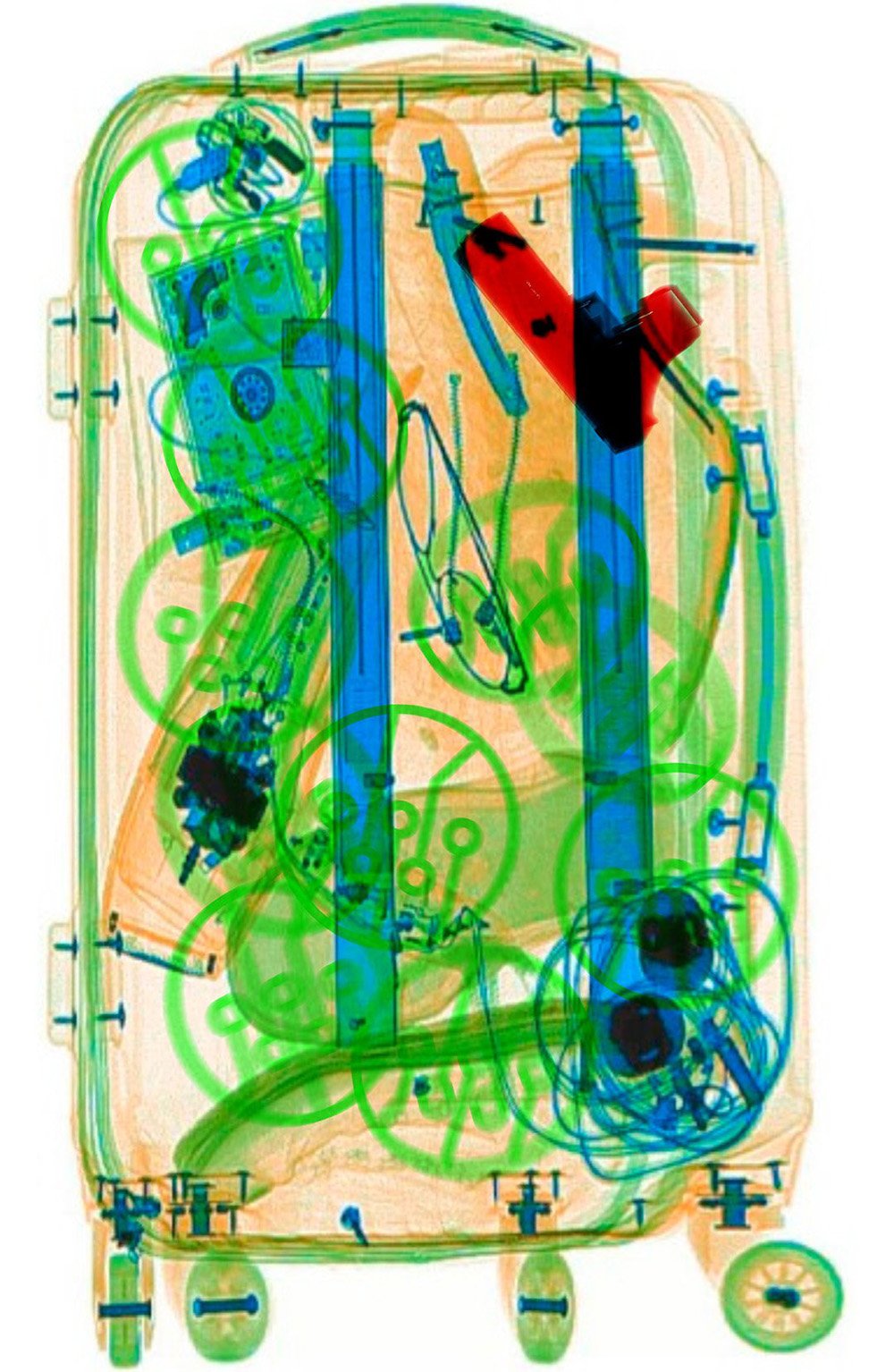Powering Discoveries
Melyssa Fratkin
Related Links
Making Airport Visits Faster & Safer
Industry partner receives federal funding for machine learning projects

In 2018 alone, more than one billion passengers passed through U.S. airports — that’s over 2.7 million people per day — and that number is projected to double by 2040. More people flying means more people passing through Transportation Security Authority (TSA) checkpoints, and more missed contraband. Screeners missed 70 to 80 percent of fake weapons in 2017.
The U.S. Department of Homeland Security (DHS), which oversees the TSA, would like to reduce that number. The DHS Science & Technology Apex Screening program invests in technologies that can increase the agency’s ability to respond to evolving threats, while reducing invasiveness and inconvenience to passengers.
Synthetik Applied Technologies, a member of TACC’s Science & Technology Affiliates for Research (STAR) program, received a grant from the Apex program that will improve the speed and accuracy of passenger screening through machine learning technologies.
Machine learning is a way to use data to make predictions by creating analytical models. It’s based on the idea that a computing system can learn from the data it ingests, identify patterns, and make decisions, with little or no human intervention. The algorithm takes in large quantities of sample data — known as “training data” — and then builds a mathematical model around it, so that it can make decisions or predictions.
Synthetik’s approach to simplifying airport screening is to develop a new physics-based artificial data generation platform, which will provide millions of training examples to support next-generation, highly-accurate object detection, quickly and efficiently. The company will build on its current projects in 2D and 3D passenger baggage screening, using that “real-world” data to generate the millions of training examples needed to train machine learning systems.
The goal of this project, which should benefit all of us, will be more effective bag screening at airport checkpoints, fewer missed weapons (real or fake) at screening posts, and safer flights.
Tim Brewer, COO of Synthetik Applied Technologies, says one of his first stops when he moved to Austin was a visit to TACC. “Working with TACC has given us a tremendous boost in computing power, where we have been able to hone our machine learning training exercises, and provide faster, more accurate research results,” he said.
The STAR Program serves as a research accelerator and partner for more than two dozen companies, ranging from start-ups like Synthetik to Fortune 100 corporations, sharing knowledge about new technologies, as well as supporting R&D in hardware, software, machine learning, and visualization techniques.
“It’s exciting to see a small company like Synthetik gain recognition for projects that will have a real-world impact,” noted Melyssa Fratkin, TACC’s Industrial Programs director. “The STAR program is proud to support our partners and see their projects take flight.”
The STAR program promotes the mutually beneficial exchange of ideas and information between industry and academia in advanced computing technologies, while fostering innovation and supporting economic development in the state of Texas and across the nation. For more information, visit: www.tacc.utexas.edu/partnerships/industry

